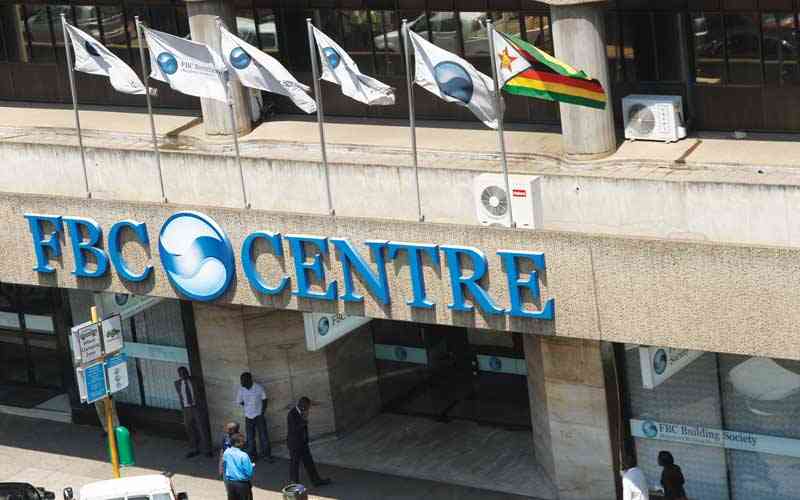
THE Competition and Tariff Commission (CTC) has approved the acquisition of Standard Chartered Bank Zimbabwe (StanChart) by FBC Holdings (FBCHL) without conditions, making it one of the biggest banks in the country.
The deal was first approved by the Reserve Bank of Zimbabwe in November last year.
In July 2023, the commission received a proposed merger with FBCHL taking over StanChart, according to the CTC’s latest report.
“After assessing the identified competition concerns, the commission noted that the merged entity will not harm competition or create a monopoly that goes against public interest. The commission approved the merger without conditions,” the report read in part.
The CTC assessed the market for the provision of commercial banking and custodial services in Zimbabwe. The merger was identified as horizontal implying a union of two companies in the same sector.
Analysis considered potential harm from the merger, focusing on unilateral and coordinated effects. Unilateral effects occur when the merged FBCHL and StanChart increase prices of their services even if the rest of the banking industry players do not adjust their prices, CTC said.
Co-ordinated effects are influenced by the likelihood of tacit collusion between players wherein the merged entities participate in.
Tacit collusion refers to a situation where businesses indirectly agree to cooperate with each other without explicitly stating so. Instead of openly communicating and forming agreements, they subtly align their actions in a way that benefits all involved, often leading to higher prices or reduced competition in the market.
- CTC approves six mergers
- CTC approves six mergers
- Dairibord inks deal after Dendairy flop
- Dairibord inks deal after Dendairy flop
Keep Reading
Unilateral effect in this instance was analysed in line with trends in market shares, concentration and entry and expansion conditions.
“FBCHL is unlikely to gain enough market power for it to engage in any unilateral conduct of increasing prices. Though entry into the banking market is not easy, there are several competitors that would counter any anti-competitive behaviour by the merged entity,” CTC said.
“Banking products prices are also regulated; thus, the merged entity will be unable to price its products, especially loans, beyond the stipulated maximum interest rates. Bank charges are also regulated by the Reserve Bank of Zimbabwe such that no bank can increase its charges without the regulator’s authorisation.”
It added: “Thus, the merged entity cannot unilaterally increase its prices on banking products and services. For custodial services, FBCHL has the least market share and thus cannot engage in unilateral conduct.
“Co-ordinated effect, in this case the banking sector, is prone to collusion even without the merger. Therefore, the merger does not strengthen market co-ordination in the relevant markets.”
In April 2022, StanChart’s former British-headquartered parent company, Standard Chartered PLC, announced plans to fully divest from its Angola, Cameroon, Gambia, Jordan, Lebanon, Sierra Leone and Zimbabwe operations, as it was facing growing costs in those markets.
In Zimbabwe, these costs were associated with a volatile currency, leading to an inflationary environment.
In June last year, FBCHL first made the announcement of its intention to acquire StanChart.
FBC is a Zimbabwe Stock Exchange-listed company, in the financial services sector namely banking, insurance, reinsurance, stock broking and micro-finance. StanChart is a commercial bank offering banking and custodial services.










